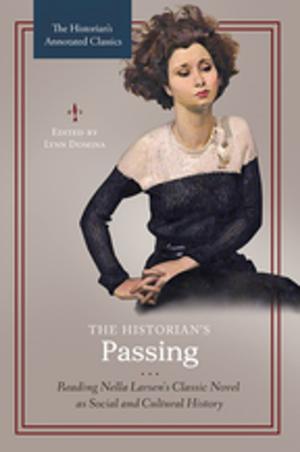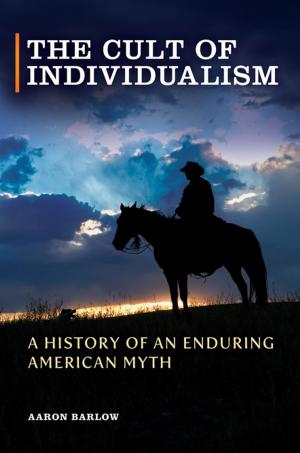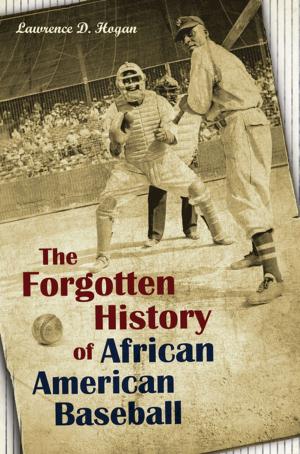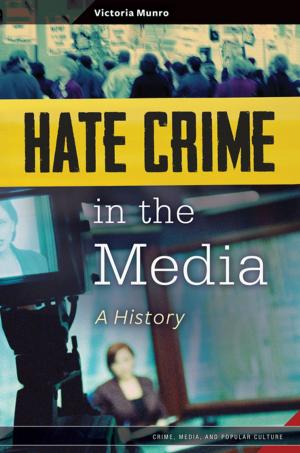She-Devil in the City of Angels: Gender, Violence, and the Hattie Woolsteen Murder Case in Victorian Era Los Angeles
Nonfiction, Social & Cultural Studies, Social Science, Gender Studies, Women&| Author: | Cara Anzilotti | ISBN: | 9781440840982 |
| Publisher: | ABC-CLIO | Publication: | June 20, 2016 |
| Imprint: | Praeger | Language: | English |
| Author: | Cara Anzilotti |
| ISBN: | 9781440840982 |
| Publisher: | ABC-CLIO |
| Publication: | June 20, 2016 |
| Imprint: | Praeger |
| Language: | English |
This compelling study of the American public's response to the fate of accused murderer Hattie Woolsteen uses this legal case to examine the complexities of gender history and societal fears about the changing roles of women during the Victorian era.
• Provides a solid introduction to women's/gender history that explains the nuances of shifting attitudes regarding gender roles and women's place in American society at the end of the 19th century
• Enables an understanding of 19th-century anxieties about rapid urbanization and the attendant perceived breakdown of community as well as how law enforcement of the period—then in its infancy—was subject to political influence and societal expectations
• Underscores the role of the press in shaping public attitudes about community values and ideals, documenting how the news during the Victorian era was big business and objectivity was not a priority—not unlike today's media
This compelling study of the American public's response to the fate of accused murderer Hattie Woolsteen uses this legal case to examine the complexities of gender history and societal fears about the changing roles of women during the Victorian era.
• Provides a solid introduction to women's/gender history that explains the nuances of shifting attitudes regarding gender roles and women's place in American society at the end of the 19th century
• Enables an understanding of 19th-century anxieties about rapid urbanization and the attendant perceived breakdown of community as well as how law enforcement of the period—then in its infancy—was subject to political influence and societal expectations
• Underscores the role of the press in shaping public attitudes about community values and ideals, documenting how the news during the Victorian era was big business and objectivity was not a priority—not unlike today's media















